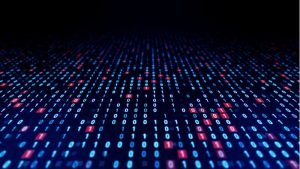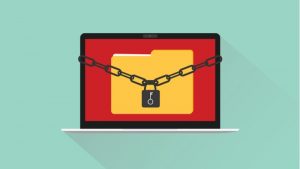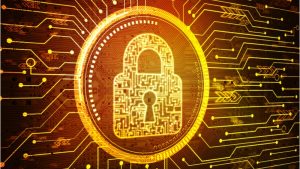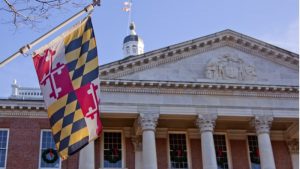The city of Chicago announced that it has tripled the number of self-service payment kiosks across the city.
The National Association of State Chief Information Officers (NASCIO) released a new report that makes the case for insight enabling analytics. NASCIO explains that as data analytics increasingly plays a role in service delivery for states, state CIOs are often taking the lead in these efforts.
Howard University has been hit by a ransomware cyberattack, the university confirmed after the information technology team detected unusual activity on the university’s network on Sept. 3.
Sacred Heart University and Uwill – a teletherapy platform for college students – are teaming up to offer teletherapy solution to graduate students.
As the new school year gets underway, the nonprofit K12 Security Information Exchange (K12 SIX) released a set of guidance and best practice resources intended to help K-12 school districts and individual schools establish baseline cybersecurity standards.
Illinois Governor JB Pritzker signed new legislation intended to ensure equitable access to learning for students with disabilities.
The National Academy of Public Administration (NAPA) established the Center for Intergovernmental Partnership (CIP) to strengthen collaboration and cooperation among leaders at all levels of the U.S. government.
The McWhorter School of Building Science (BSCI) at Auburn University (AU) is drawing the attention of those on campus with its four-legged agile robot, Mac.
The state of Maryland is launching Connect Maryland, a program that will infuse $400 million in broadband investment to address the digital divide, Gov. Larry Hogan announced.
Boston Mayor Kim Janey, along with the city’s Department of Innovation and Technology, announced the commissioning of a report that will examine the availability, cost, and quality of broadband city-wide, the city announced September 2.













